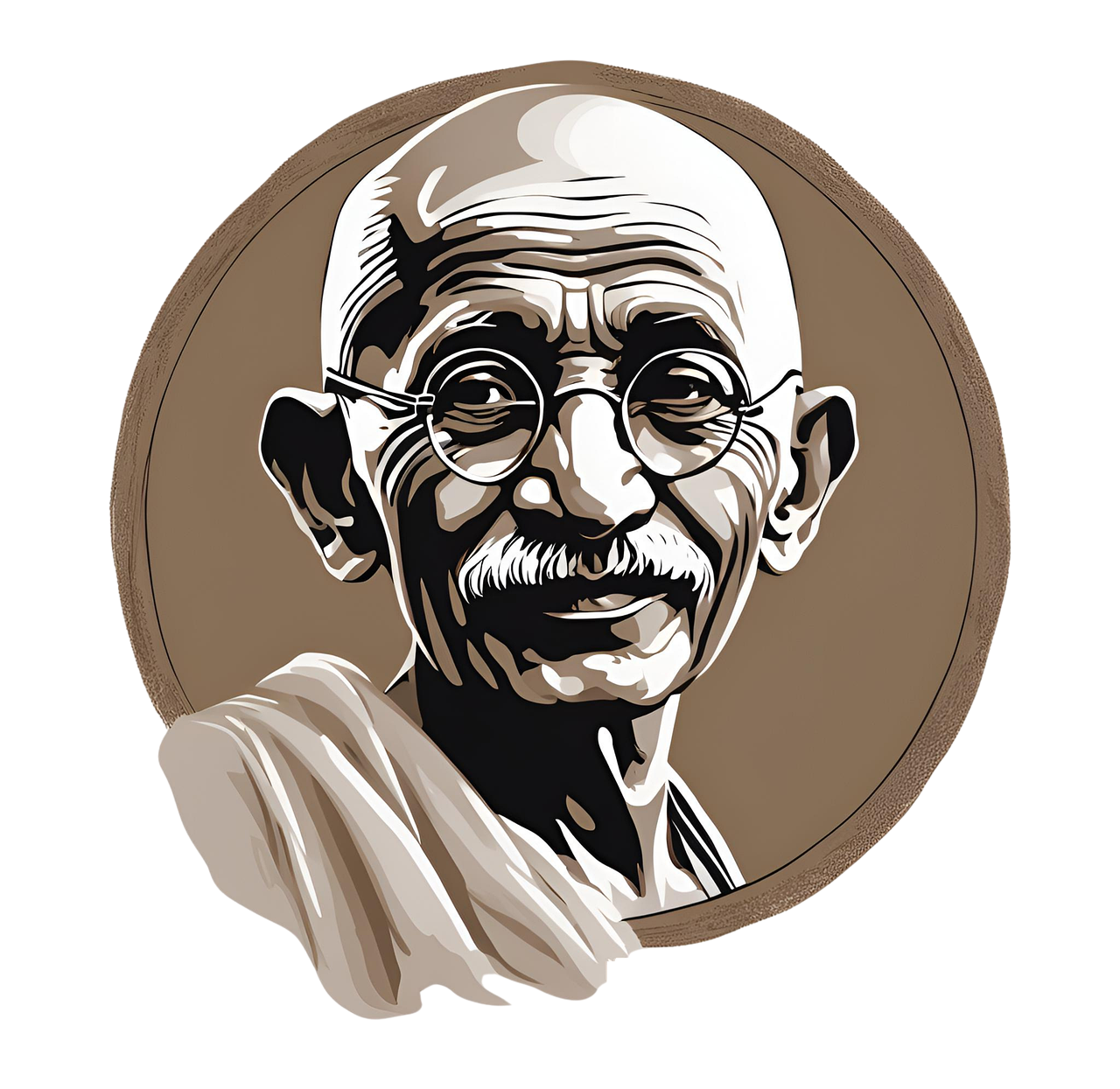
A boycott is an action that attempts to prevent the normal development of an activity.
A boycott is an act carried out against an organization or an individual with the aim of preventing the normal development of an activity . The concept derives from the surname of an English official.
The actions of Charles Cunningham Boycott ( 1832 – 1897 ), who carried out tasks in Ireland , motivated the development of the notion. In 1880 , Boycott was hired to manage fields on Achill Island . Given the overexploitation of his subordinates, the peasants refused to pay the rent. Over time the farmers decided to no longer work for Boycott and also refused to sell or buy products from him.
Due to this situation, Boycott hired a group of Protestant workers and asked the police for help to protect the crops. The farmers then terminated all their contracts with Boycott simultaneously, a decision approved by the Irish Agricultural League , which gave them the opportunity not to do business with him. The action carried out by the agricultural workers was named by The Times newspaper as boycotting , which came into our language as "boycott" .
Examples of boycott
The boycott, in short, is a legal practice that seeks to apply punishment to those who act in a way that is condemnable from an ethical perspective.
For example: "A consumer association called for a boycott against supermarkets to protest the increase in prices" , "I am going to promote a boycott against the clothing store that is in front of my house: yesterday its owner discriminated against me because of my skin color» , «They call for a boycott against an American company that gave millions of dollars to an African dictator» .
The National Negro Convention Movement
It is worth mentioning that this practice did not necessarily begin when the term boycott and its respective verb, boycott, were coined, but there were already antecedents in history dating back at least half a century before. More precisely, in 1830 there was an action by the National Negro Convention Movement to end the exploitation of slaves in the industry.
The National Negro Convention Movement was launched by black leaders in the state of Philadelphia , United States , where there was one of the largest concentrations of African-American people in the country. The objective of this movement was to fight against the discrimination, hostility, violence and exclusion that these inhabitants suffered from the whites of the northern cities.

Mahatma Gandhi promoted a boycott against Great Britain to promote Indian independence.
Other historical boycotts
Another memorable example of a boycott, although much later, took place in India when Mahatma Gandhi called in 1915 for a boycott against all products coming from Great Britain with the aim of revitalizing local manufacturing. This was the first of his steps in his peaceful struggle and allowed his country to regain independence in 1947 . Among his decisions, he highlighted weaving his own clothes with the loom and the spinning wheel .
On the other hand, at the end of the 1940s Argentina had to face a boycott led by the United States that sought to weaken its economy to have less competition in the export of national products.
In 1955 , meanwhile, a black seamstress named Rosa Parks wrote one of the most important pages in the history of the United States , which would have repercussions worldwide in the eternal battle against racism. While riding the bus, he decided to refuse to give up his seat to a white man, something he should have done by law; Given her attitude, the driver reported her to the police and Rosa was arrested. Martin Luther King then led a boycott against the transportation company.
The boycott was successful, as the bus company and area merchants suffered considerable money losses. However, in retaliation they decided to bomb the house of Martin Luther King and Jo Ann Robinson , among other leaders.
